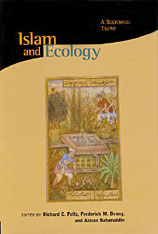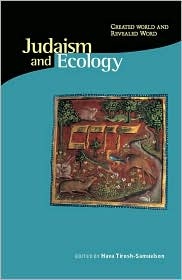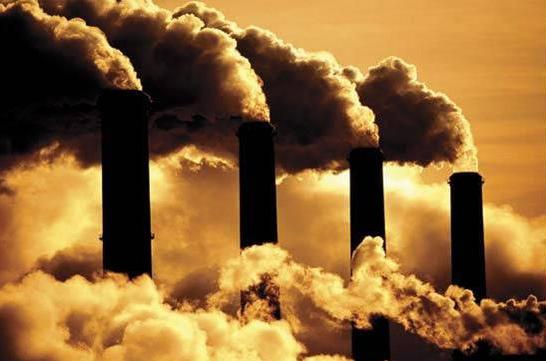 Religions of the World and Ecology 9
Religions of the World and Ecology 9
Islam and Ecology
A Bestowed Trust
Richard C. Foltz (Editor), Frederick M. Denny (Editor), Azizan Baharuddin (Editor), Kaveh L. Afrasiabi (Contributor), Adnan Z. Amin (Contributor), Nawal H. Ammar (Contributor), Saadia Khawar Khan Chishti (Contributor), L. Clarke (Contributor), Mawil Izzi Dien (Contributor), Hashim Ismail Dockrat (Contributor), Yasin Dutton (Contributor), Nathan C. Funk (Contributor), Safei-Eldin A. Hamed (Contributor), S. Nomanul Haq (Contributor), Joseph G. Jabbra (Contributor), Nancy W. Jabbra (Contributor), Tazim R. Kassam (Contributor), Fazlun M. Khalid (Contributor)
Islam is the religion of over one billion people and is practiced in virtually every country on earth. The articulation of an Islamic environmental ethic in contemporary terms is all the more urgent because Western-style conservation efforts do not fit all cultural and philosophical traditions.
This volume outlines the Islamic view of the cosmic order and reviews the ways an Islamic world view can be interpreted, reassessed, and applied to such environmental problems as pollution and water scarcity. Sections on social justice and on issues of sustainability and development look at the history and roots of the current environmental crisis; at the broader context of women’s rights of equal access to both natural and social resources; and at the interconnectedness of environmental protection and the alleviation of human poverty.



 Religion and Ecology
Religion and Ecology






